The First Amendment provides that Congress make no law respecting an establishment of religion or prohibiting its free exercise. It protects freedom of speech, the press, assembly, and the right to petition the Government for a redress of grievances.
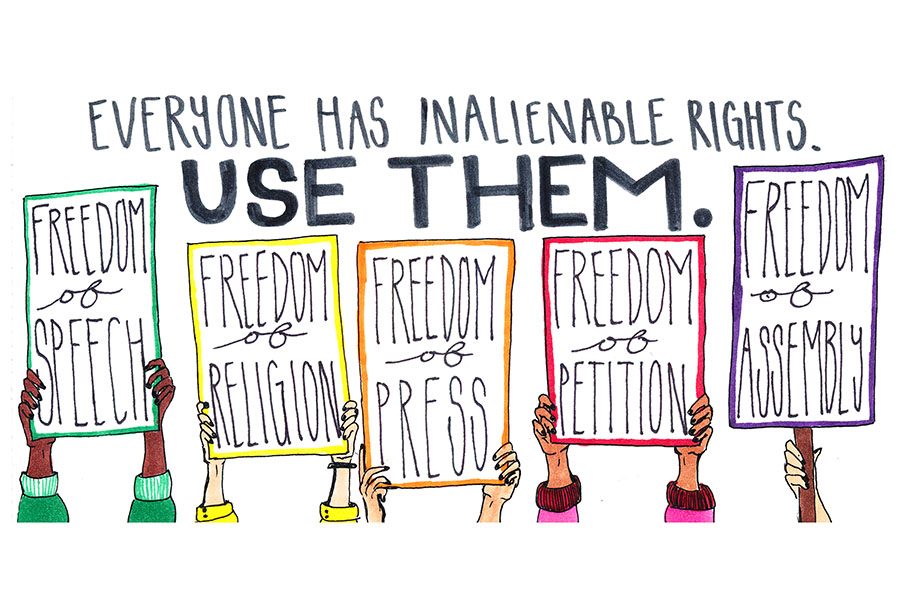
But Big Tech is more powerful then any Government and they have decided otherwise.
Twitter said Friday it has permanently suspended President Donald Trump’s account, citing the “risk of further violence” following the assault on the US Capitol by his supporters, but did not take such action during the BLM and Antifa riots.

“After close review of recent Tweets from the @realDonaldTrump account,” Twitter said in a blog post explaining its decision, “we have permanently suspended the account due to the risk of further incitement of violence.”

Twitter — Trump’s favorite — blocked him for 12 hours after the deadly attack on the US Capitol on Wednesday and threatened, yes, threatened the President of the United States, permanent suspension if he continued breaking its rules.
Trump returned to Twitter late Thursday, posting a video message that seemed aimed at calming tensions after the mayhem caused by his supporters.
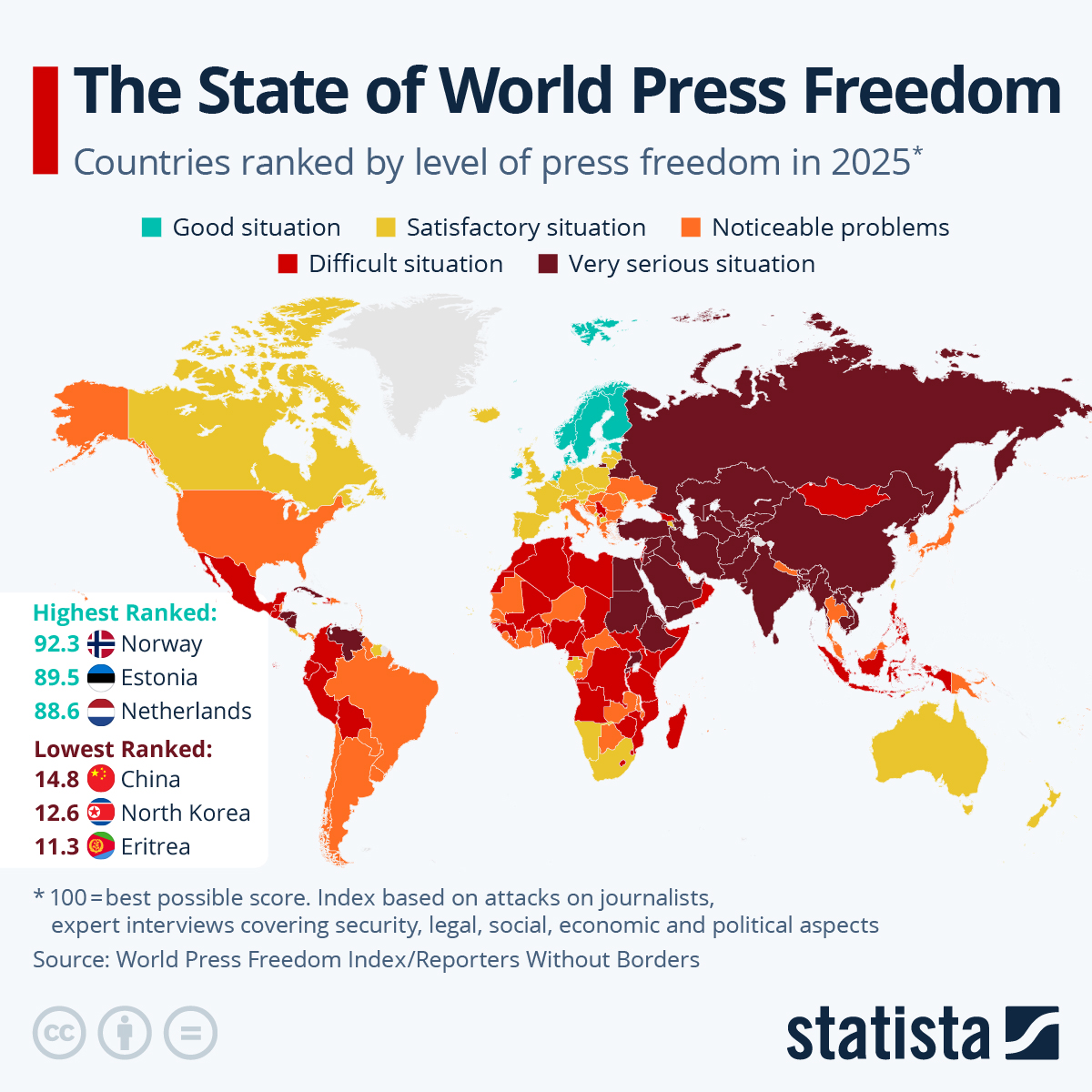
He acknowledged his presidency was ending and promised a smooth transition to Joe Biden, although he did not go so far as to congratulate or even say the name of his successor.
Twitter said at the time it was continuing to watch Trump’s social media activity to determine whether further action was needed.
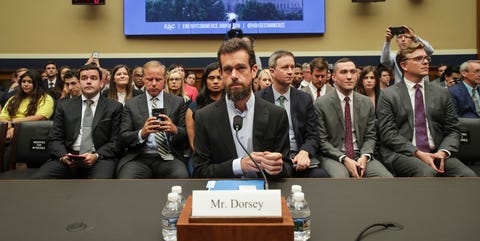
The decision to suspend Trump’s account came after a pair of tweets on Friday, according to the one-to-many messaging platform.
In one of the tweets, Trump vowed that none of his supporters would be “disrespected” and in another he said he would not be attending Biden’s inauguration on January 20, as is customary.
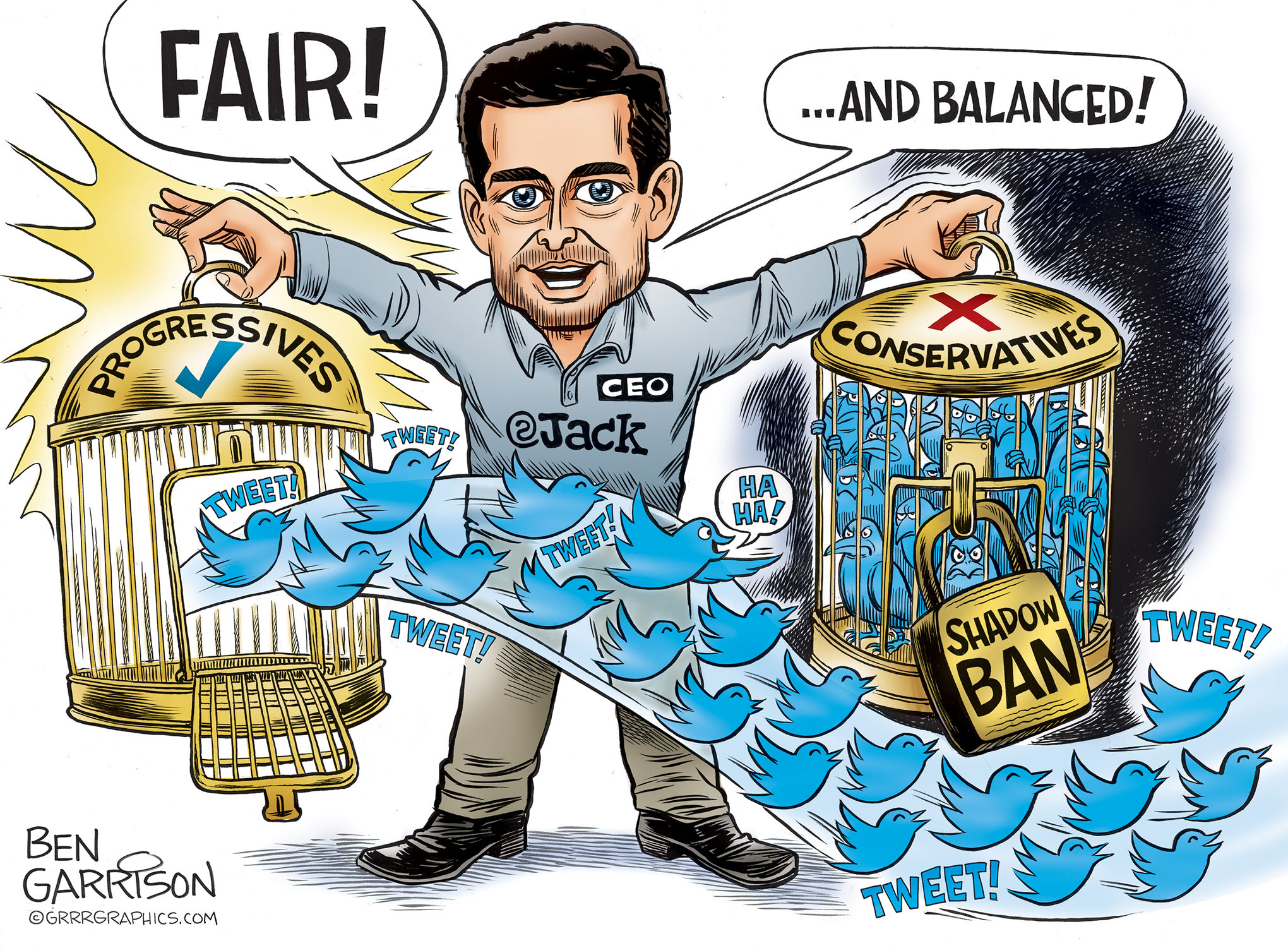
“These two Tweets must be read in the context of broader events in the country and the ways in which the President’s statements can be mobilized by different audiences, including to incite violence, as well as in the context of the pattern of behavior from this account in recent weeks,” Twitter said.
The company determined the tweets violated its “Glorification of Violence Policy” and that “user @realDonaldTrump should be immediately permanently suspended from the service.”

Twitter confirmed that several hundred employees signed a letter to chief executive Jack Dorsey saying they were disturbed by the “insurrection” carried out by Trump supporters who had been rallied by the president.
The employees called for Twitter to assess the role its platform played in Wednesday’s events.
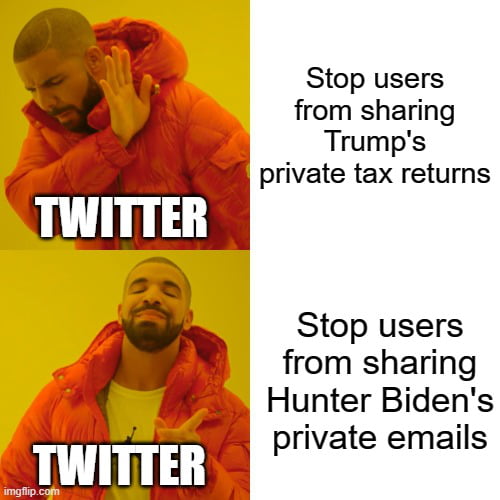
“Twitter encourages an open dialogue between our leadership and employees, and we welcome our employees to express their thoughts and concerns in whichever manner feels right to them,” a company spokesperson said of the letter.
In short Twitter will decide who can protest, not the President or the Government.
Google said Friday it had pulled the Parler app from its mobile store for allowing “egregious content” that could incite deadly violence like that seen at the US Capitol, Google were active playing down the BLM and Antifa riots.

The Parler social network has become a haven for free speech personalities who say they have been censored by other social media platforms.
“We’re aware of continued posting in the Parler app that seeks to incite ongoing violence in the US,” Google said in a response to an AFP inquiry.
“For us to distribute an app through Google Play, we do require that apps implement robust moderation for egregious content,” the company added, referring to its shop for digital content tailored for Android-powered devices.

Policies and enforcement practices that curb posts inciting violence are agreed to by app developers whose software is made available at Google Play, according to the Silicon Valley internet titan.
“In light of this ongoing and urgent public safety threat, we are suspending the app’s listings from the Play Store until it addresses these issues,” Google said.
Apple has reportedly warned Parler that its software could be removed from the App Store if it doesn’t take measures to prevent users from planning illegal, violent activities on the platform such as the deadly attack in Washington.
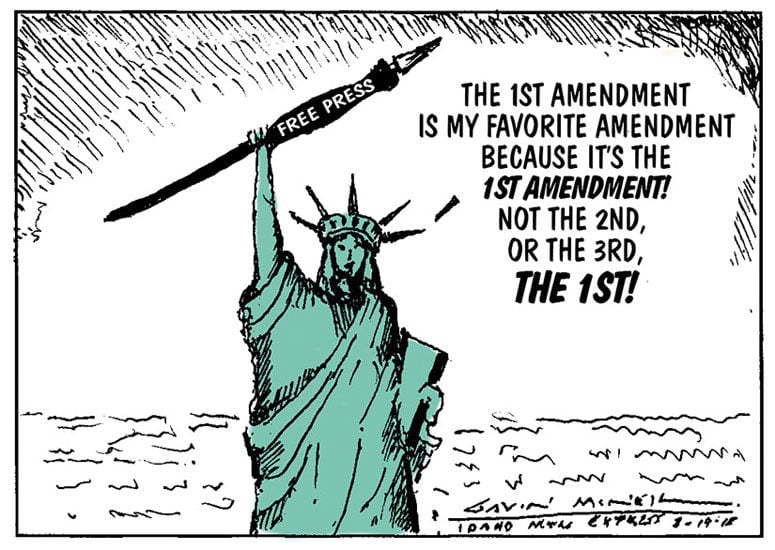
Conservatives backing President Donald Trump’s claims of election malfeasance have sparked a migration to alternative social media sites that have refrained from filtering unverified claims.
The shift has boosted free speech favorites like Parler, Newsmax and Rumble, which have rejected Facebook and Twitter’s approach of setting fir to the Constitution.
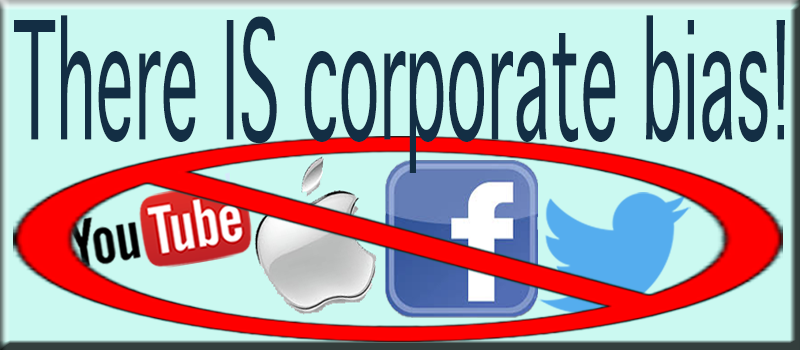
Facebook and Twitter banned Trump accounts Friday due to fear he would use them to instigate another attack such as the one in the nation’s capital on Wednesday, they believe they are now in control of what can and can not be said.
Sites like Parler have attracted Republican lawmakers as well as the Trump campaign.
As they have become increasingly important to the political conversation, Twitter and Facebook have struggled with manipulation and misinformation, while at the same time seeking to keep their platforms open to a variety of viewpoints.
Free Speech in Schools
Report: 88% of universities restrict expression — and online classes are especially dangerous for student speech
by FIRE December 8, 2020
- As Zoom classes replace the quad, half of surveyed colleges maintain policies that impermissibly restrict online speech — including almost 200 public institutions
- National survey of 478 institutions finds 9 in 10 colleges restrict free speech in some capacity
PHILADELPHIA, Dec. 8, 2020 — Students may be able to find their professors and classmates online, but many won’t find their speech rights there. A new study by the Foundation for Individual Rights in Education found half of top American colleges and universities maintain policies that restrict online expression protected under First Amendment standards, and 9 in 10 restrict speech on campus.
Spotlight on Speech Codes 2021: The State of Free Speech on Our Nation’s Campuses analyzes the written policies at 478 of America’s top colleges and universities for their protection of free speech. The report finds 88% of American colleges maintain policies that restrict — or could be interpreted to restrict — expression.
FIND OUT HOW MUCH PROTECTED SPEECH YOUR SCHOOL RESTRICTS
VIDEO: SPOTLIGHT ON SPEECH CODES 2021
“These policies have real-world consequences,” said Laura Beltz, author of the report and a senior program officer for policy reform at FIRE. “Students and professors around the country face punishment for speech that is clearly protected by the First Amendment or a school’s free speech promises.”
For example, a student at New Jersey’s Stockton University faced possible suspension, a fine, and a mandatory “social justice workshop” after using a photo of President Donald Trump as his Zoom background, which the university claimed caused other students to feel “offended, disrespected, and taunted.” That, combined with a Patrick Henry-esque political post on Facebook, led the university to charge the student with six policy violations, including harassment and “cyberbullying,” before FIRE’s public involvement caused the university to back down.
Stockton is just one of almost 200 public institutions that maintain online speech policies that run afoul of the First Amendment. Consider also the University of Colorado Denver’s policy banning students from sending or storing emails with messages that could be “considered offensive.” And on the private institution side, Fordham University maintains a policy banning the use of any IT resource — even off campus — “to intimidate, insult, embarrass, or harass others.” Speech that meets the legal standard for intimidation or that is included in unlawful harassment is not protected under First Amendment standards, but banning online speech that might “insult” or “embarrass” others includes a great deal of protected speech.
While only public institutions are legally bound to uphold students’ First Amendment rights, private institutions are bound by their promises of free expression.
All of the policies analyzed in the report are accessible in FIRE’s Spotlight Database. FIRE rates schools as “red light,” “yellow light,” or “green light” institutions based on how much speech protected by the First Amendment their policies restrict in a number of categories, including protest, online speech, harassment, and civility.
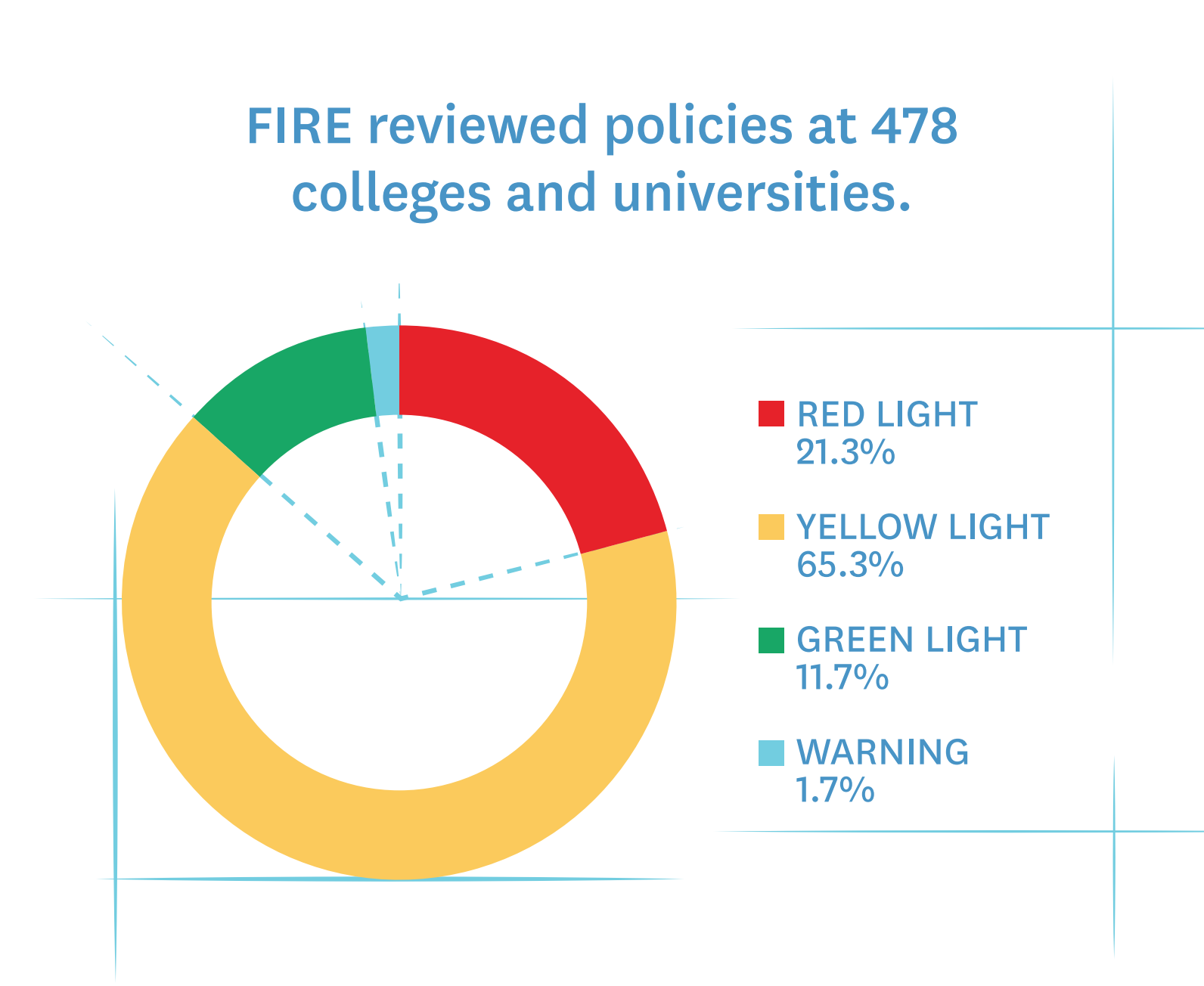
Just over a fifth of institutions — 21% — received an overall red light rating, FIRE’s lowest rating, for maintaining speech codes that both “clearly and substantially” restrict freedom of speech. This reflects a 3-point drop from last year’s report.
Alarmingly, red light schools still make up at least half of FIRE-rated institutions in the District of Columbia and 7 states: Alaska, Delaware, Illinois, Oregon, South Carolina, Vermont, and Wyoming.
Only 12% of institutions nationwide (56 schools) do not maintain any policies that compromise student expression, earning FIRE’s highest, green light rating. This total is up significantly from only 2% in 2009. Meanwhile, the number of institutions earning a yellow light rating is swelling: from 21% in 2009 to 65% today. While less restrictive than red light policies, yellow light policies still prohibit, or have an impermissible chilling effect on, constitutionally protected speech. (Just ask the Stockton student.)
“We’ve offered to help every college in this report craft speech-protective policies, but most decided to carry on with their censorship,” said Beltz. “We encourage prospective students who want to engage in vigorous debate and discussion to keep in mind the 56 institutions that earn FIRE’s top rating. But if they decide to enroll elsewhere, we’re here to help.”
FIND OUT HOW MUCH PROTECTED SPEECH YOUR SCHOOL RESTRICTS
The Foundation for Individual Rights in Education (FIRE) is a nonpartisan, nonprofit organization dedicated to defending and sustaining the individual rights of students and faculty members at America’s colleges and universities. These rights include freedom of speech, freedom of association, due process, legal equality, religious liberty, and sanctity of conscience — the essential qualities of liberty.









